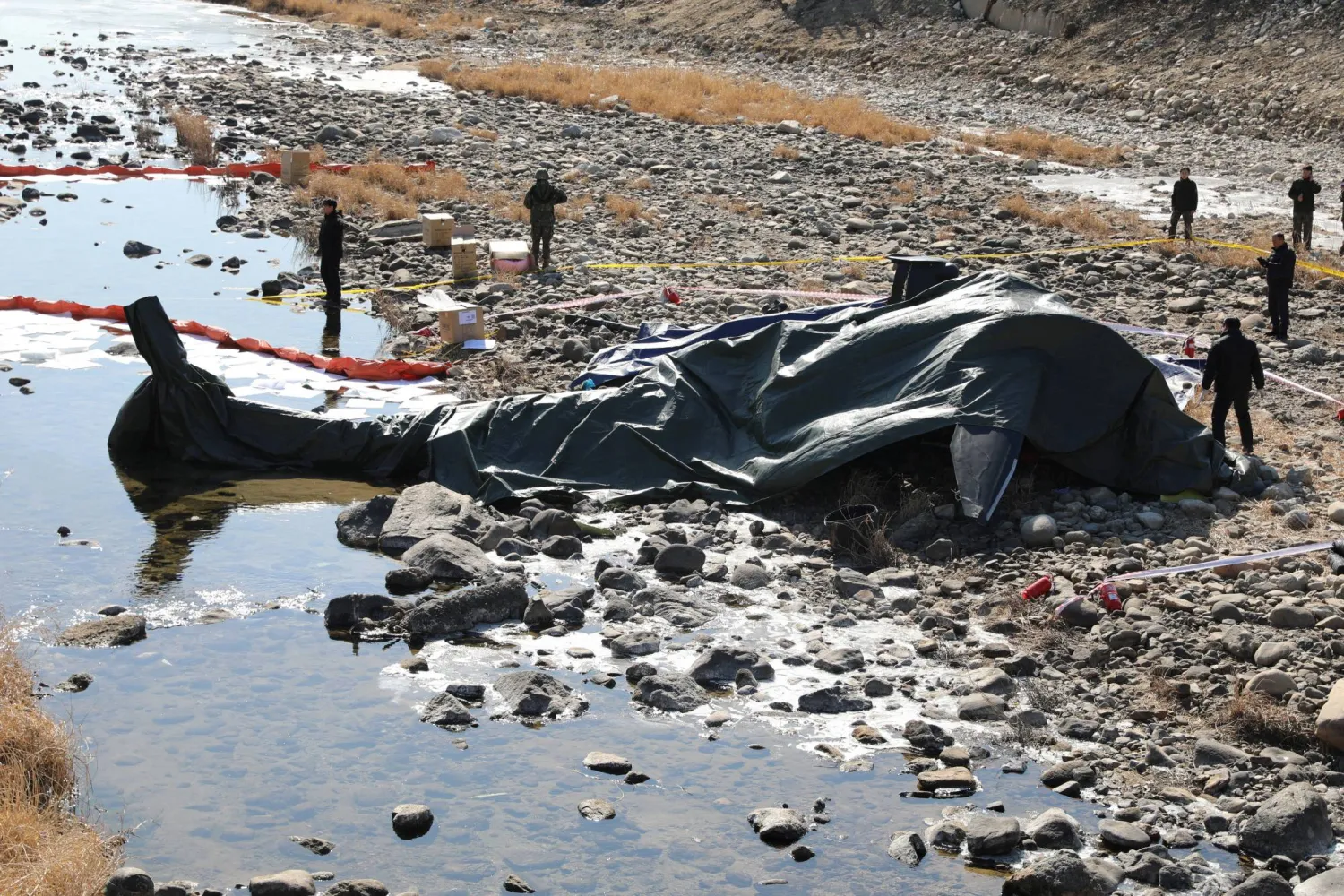The United States and Russia completed their biggest prisoner swap in post-Soviet history on Thursday, with Moscow releasing journalist Evan Gershkovich and fellow American Paul Whelan, along with dissidents including Vladimir Kara-Murza, in a multinational deal that set two dozen people free, the White House said.
Astonishing in scope, the trade followed years of secretive back-channel negotiations despite relations between Washington and Moscow being at their lowest point since the Cold War after Russian President Vladimir Putin’s February 2022 invasion of Ukraine.
The deal was the latest in a series of prisoner swaps negotiated between Russia and the US in the past two years but the first to require significant concessions from other countries, with seven nations agreeing to give up 24 prisoners. It was trumpeted as a “diplomatic feat” by President Joe Biden. He was to speak about the deal at the White House later Thursday, joined by some of the families.
But the welcome news was still sure to spark concerns over the imbalance of the deal — with Russia freeing journalists, dissidents and others convicted in a highly politicized court system in exchange for people the West regards as rightfully charged — and whether it gives foreign actors seeking leverage over the US an incentive to take prisoners.
Under the deal, Russia released Gershkovich, a reporter for The Wall Street Journal who was jailed in 2023 and convicted in July of espionage charges that he and the US vehemently denied and called baseless; Whelan, a Michigan corporate security executive jailed since 2018, also on espionage charges he and Washington have denied; and Radio Free Europe/Radio Liberty journalist Alsu Kurmasheva, a dual US-Russian citizen convicted in July of spreading false information about the Russian military, accusations her family and employer have rejected.
Emma Tucker, the Journal's top editor, called it a “day of great joy” and said: “I cannot even begin to describe the happiness and relief that this news brings and I know all of you will feel the same.”
Biden placed securing the release of Americans held wrongfully overseas at the top of his foreign policy agenda for the six months before he leaves office. In his Oval Office address to the American people discussing his recent decision to drop his bid for a second term, the Democrat said, “We’re also working around the clock to bring home Americans being unjustly detained all around the world.”
The dissidents released included Kara-Murza, a Kremlin critic and Pulitzer Prize-winning writer serving 25 years on charges of treason widely seen as politically motivated, 11 political prisoners being held in Russia, including associates of the late Russian opposition leader Alexei Navalny, and a German national arrested in Belarus.
The Russian side got Vadim Krasikov, who was convicted in Germany in 2021 of killing a former Chechen rebel in a Berlin park two years earlier, apparently on the orders of Moscow’s security services.
Russia also received two alleged sleeper agents who were jailed in Slovenia, as well as three men charged by federal authorities in the US, including Roman Seleznev, a convicted computer hacker and the son of a Russian lawmaker, and Vadim Konoshchenok, a suspected Russian intelligence operative accused of providing American-made electronics and ammunition to the Russian military. Norway returned an academic arrested on suspicions of being a Russian spy, and Poland also sent back a man it detained.
Thursday’s swap of 24 prisoners surpassed a deal involving 14 people that was struck in 2010. In that exchange, Washington freed 10 Russians living in the US as sleepers, while Moscow deported four Russians, including Sergei Skripal, a double agent working with British intelligence. He and his daughter in 2018 were nearly killed in Britain by nerve agent poisoning blamed on Russian agents.
Speculation had mounted for weeks that a swap was near because of a confluence of unusual developments, including a startingly quick trial and conviction for Gershkovich, which Washington regarded as a sham. He was sentenced to 16 years in a maximum-security prison.
In a trial that concluded in two days in secrecy in the same week as Gershkovich’s, Kurmasheva was convicted on charges of spreading false information about the Russian military that her family, employer and US officials rejected.
Also in recent days, several other figures imprisoned in Russia for speaking out against the war in Ukraine or over their work with Navalny were moved from prison to unknown locations.
Gershkovich was arrested March 29, 2023, while on a reporting trip to the Ural Mountains city of Yekaterinburg. Authorities claimed, without offering any evidence, that he was gathering secret information for the US. The son of Soviet emigres who settled in New Jersey, he moved to Russia in 2017 to work for The Moscow Times newspaper before being hired by the Journal in 2022.
He had more than a dozen closed hearings over the extension of his pretrial detention or appeals for his release. He was taken to the courthouse in handcuffs and appeared in the defendants’ cage, often smiling for the many cameras.
US officials last year made an offer to swap Gershkovich that was rejected by Russia, and Biden’s Democratic administration had not made public any possible deals since then.
Gershkovich was designated as wrongfully detained, as was Whelan, who was detained in December 2018 after traveling to Russia for a wedding. Whelan was convicted of espionage charges, which he and the US have also said were false and trumped up, and he was serving a 16-year prison sentence.
Whelan had been excluded from prior high-profile deals involving Russia, including the April 2022 swap by Moscow of imprisoned Marine veteran Trevor Reed for Konstantin Yaroshenko, a Russian pilot convicted in a drug trafficking conspiracy. That December, the US released notorious arms trafficker Viktor Bout in exchange for getting back WNBA star Brittney Griner, who’d been jailed on drug charges.









